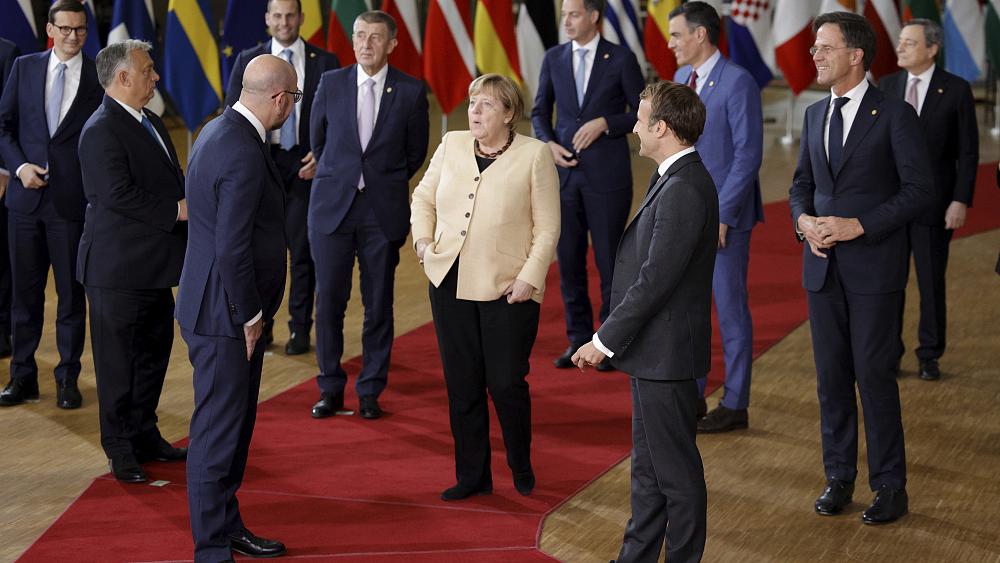The two-day Summit starting Thursday has as one of its prominent focuses the increasing prices in the European energy bill. The soaring prices across Europe after the almost two years of lockdown has mainly impacted low-income households struggling to deal with the increased taxes all over Europe.
While the EU is implementing these high taxes to lead the fight against global warming, it seems more like a fight against its citizens that have been severely economically impacted. During the Covid-19 health crises, almost 50% of women have lost their job due to the lay-offs following the lift of lockdown back in June 2020. The economy in most countries following the Covid vaccine is almost back on track in the servicing industry that divides South and North European countries once again. South European countries are traditionally poorer and seeing their income almost vanish, while the Greek government estimates that it will cost the consumers approximate 100 billion Euros. While the richer North European countries claim that the peak is temporary, the South is pitted in the darkness of uncertainty. However, the EU leaders are trying to reassure their citizens by cutting taxes or subsidising the most vulnerable households and small, family-owned companies.
It has been decided, and the 27-nation EU zone has toughened its policies towards global warming and energy regulation for 2030 gas reduction for up to 55% from 1990 levels aiming towards zero emissions by 2050.
Both governments and leaders hope that this Summit would bring some sort of signalling to their voters that they are listening to their issues.
Energy crisis facing a cold winter
In the meantime, the energy crisis keeps rising, considerable facing doubting dangers for each European country. Governments are trying to keep their citizens safe and warm without putting at risk the most vulnerable. The gas tanks for the time being, according to Bloomberg, are 77% full, and it has probably been considered the possibility of a halt of exportation of energy if the situation calls for it. Norway is the number one European country energy exporter and Russia; power prices have shot up seven times since the beginning of the year. The government is also reportedly considering the legality of whether or not it is viable to cut the sales to the EU. Consumers and governments, at this point, are hoping that they will have at least warm homes.


